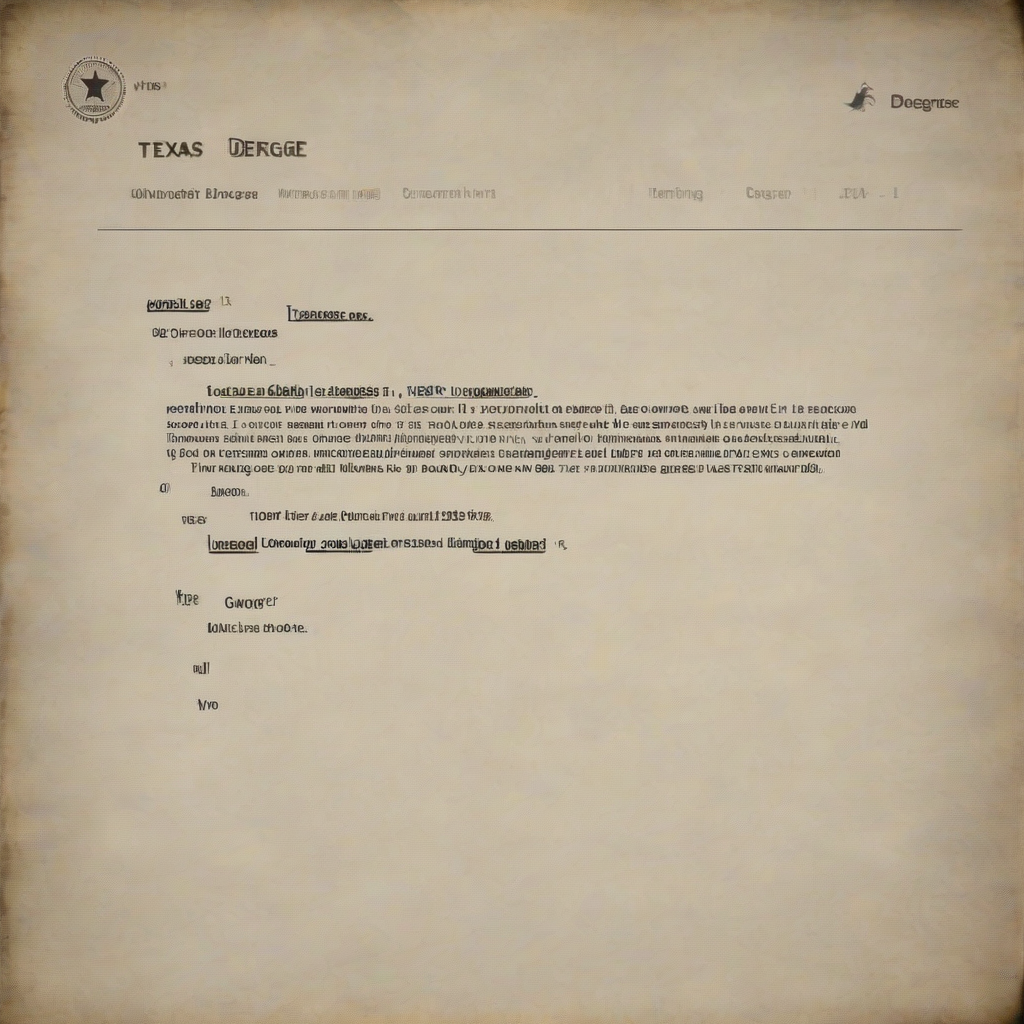Unlocking Potential: A Comprehensive Guide to the Business Administration Bachelor’s Degree
A Bachelor of Business Administration (BBA) degree is a versatile and highly sought-after undergraduate qualification that equips graduates with a comprehensive understanding of business principles and practices. This guide delves deep into the intricacies of a BBA, exploring its curriculum, career prospects, and the overall value it brings to aspiring business professionals.
Curriculum Overview: What You’ll Learn
The BBA curriculum is designed to provide a broad foundation in core business disciplines while also allowing for specialization in areas of interest. Common core courses include:
- Principles of Management: Exploring various management theories, leadership styles, and organizational structures.
- Financial Accounting: Understanding financial statements, budgeting, and financial analysis.
- Managerial Accounting: Applying accounting principles to internal decision-making.
- Microeconomics and Macroeconomics: Analyzing market forces and their impact on businesses.
- Marketing Principles: Learning about market research, consumer behavior, and marketing strategies.
- Operations Management: Understanding the processes involved in producing and delivering goods and services.
- Human Resource Management: Exploring employee relations, recruitment, and talent management.
- Business Law: Understanding legal frameworks relevant to business operations.
- Statistics and Data Analysis: Developing analytical skills to interpret and use business data.
- Business Communication: Mastering written and oral communication skills for effective business interactions.
Beyond the core curriculum, many BBA programs offer specializations or concentrations, allowing students to tailor their education to specific career interests. Popular specializations include:
- Finance: Focusing on investments, financial markets, and corporate finance.
- Marketing: Delving deeper into marketing research, branding, and digital marketing.
- Management: Exploring leadership, organizational behavior, and strategic management.
- Human Resources: Focusing on talent acquisition, employee development, and compensation.
- Entrepreneurship: Developing skills in starting and managing businesses.
- International Business: Understanding global markets and international trade.
- Supply Chain Management: Focusing on optimizing the flow of goods and services.
- Accounting: Gaining advanced knowledge in financial and managerial accounting.
- Information Systems: Understanding the role of technology in business operations.
Career Paths: Where a BBA Can Take You
A BBA degree opens doors to a wide array of career opportunities across various industries. The versatility of the degree makes it a valuable asset in today’s dynamic job market. Some popular career paths include:
- Management Trainee Programs: Entry-level positions offering comprehensive training and development opportunities.
- Marketing Analyst: Analyzing market trends and developing marketing strategies.
- Financial Analyst: Assessing financial performance and making investment recommendations.
- Accountant: Preparing and analyzing financial statements.
- Human Resources Manager: Managing employee relations and overseeing recruitment and training.
- Operations Manager: Overseeing the day-to-day operations of a business.
- Project Manager: Planning and executing business projects.
- Sales Representative: Generating leads and closing sales.
- Business Consultant: Providing advice and guidance to businesses.
- Entrepreneur: Starting and managing their own businesses.
The specific career path chosen will often depend on the specialization pursued during the BBA program. For instance, a finance specialization often leads to roles in investment banking or financial analysis, while a marketing specialization might lead to a career in advertising or digital marketing.
Skills Developed: Beyond the Textbook
A BBA program cultivates a wide range of valuable skills that are highly sought after by employers. These skills extend beyond theoretical knowledge and include:
- Analytical Skills: The ability to critically analyze data and make informed decisions.
- Problem-Solving Skills: The ability to identify and solve complex business problems.
- Communication Skills: The ability to effectively communicate with colleagues, clients, and stakeholders.
- Teamwork Skills: The ability to collaborate effectively in a team environment.
- Leadership Skills: The ability to lead and motivate teams towards common goals.
- Time Management Skills: The ability to manage time effectively and prioritize tasks.
- Decision-Making Skills: The ability to make sound and timely decisions.
- Negotiation Skills: The ability to negotiate effectively with clients and stakeholders.
- Critical Thinking Skills: The ability to think critically and evaluate information objectively.
- Adaptability: The ability to adapt to changing circumstances and new challenges.
These skills are transferable and applicable across various industries and roles, making a BBA graduate a valuable asset in any organization.
Choosing the Right Program: Factors to Consider
With numerous BBA programs available, choosing the right one requires careful consideration of several factors:
- Accreditation: Ensure the program is accredited by a reputable accrediting body.
- Curriculum: Review the curriculum to ensure it aligns with your career goals and interests.
- Faculty: Research the faculty to ensure they have relevant expertise and experience.
- Career Services: Assess the career services offered by the institution to determine their support for job placement.
- Location: Consider the location of the institution and its proximity to potential employment opportunities.
- Cost and Financial Aid: Evaluate the cost of the program and explore available financial aid options.
- Class Size and Student-to-Faculty Ratio: Consider the class size and student-to-faculty ratio to ensure a conducive learning environment.
- Reputation: Research the reputation of the institution and its BBA program among employers.
- Specializations and Concentrations: Check for available specializations that match your interests.
- Internship Opportunities: Look into the availability of internship opportunities to gain practical experience.
Thoroughly researching and comparing different programs will help you make an informed decision that aligns with your aspirations and career objectives.
Beyond the Bachelor’s: Further Education and Advancement
A BBA provides a strong foundation for further education and career advancement. Many graduates choose to pursue:
- Master of Business Administration (MBA): A postgraduate degree that builds upon the foundational knowledge gained in a BBA program and provides advanced skills in strategic management and leadership.
- Specialized Master’s Degrees: Master’s degrees in fields like finance, marketing, or accounting can provide deeper expertise in a specific area.
- Doctoral Programs: Doctoral degrees (Ph.D.) in business administration are ideal for those pursuing academic careers or advanced research roles.
Continuing education demonstrates a commitment to professional development and can significantly enhance career prospects.
The Value Proposition: Why Choose a BBA?
A BBA degree offers significant value to aspiring business professionals. It provides a comprehensive understanding of business principles, develops essential skills, and opens doors to a wide range of career opportunities. The return on investment (ROI) of a BBA is often substantial, considering the increased earning potential and career advancement opportunities it affords.
In conclusion, a Bachelor of Business Administration degree is a valuable investment in one’s future, equipping individuals with the knowledge, skills, and credentials necessary to thrive in the dynamic world of business.




